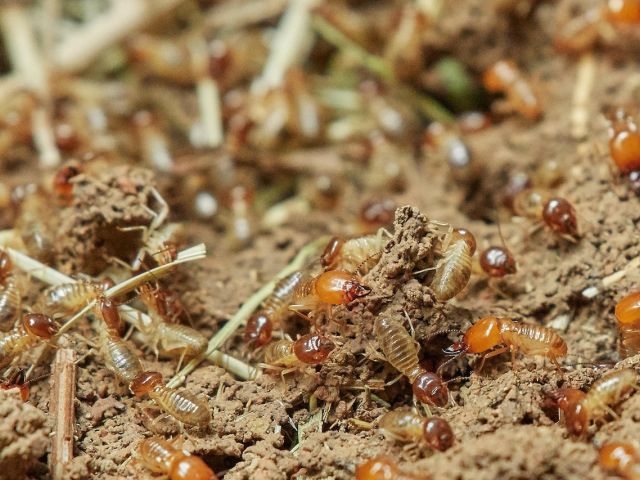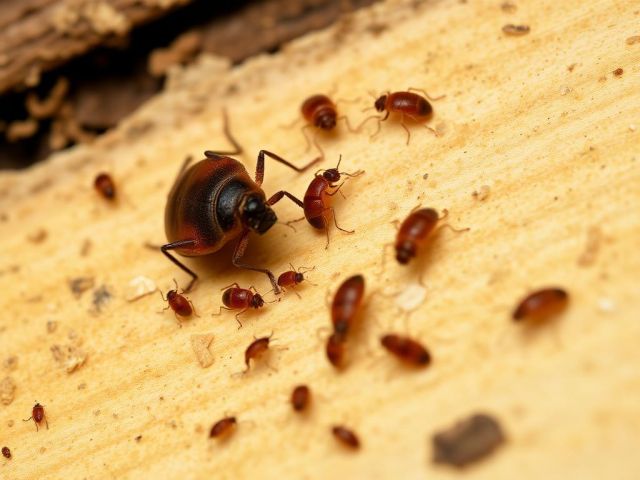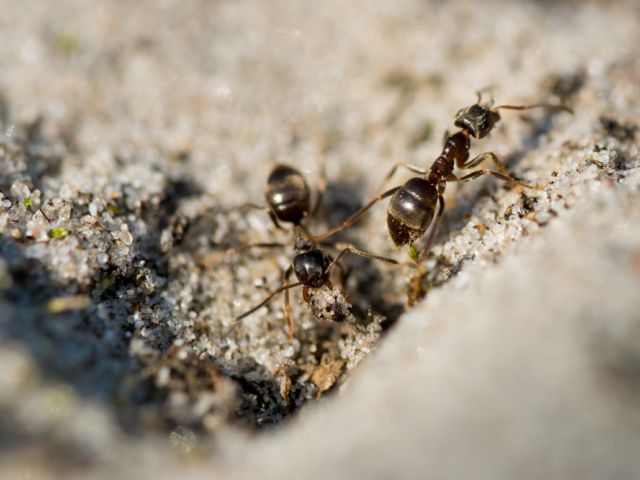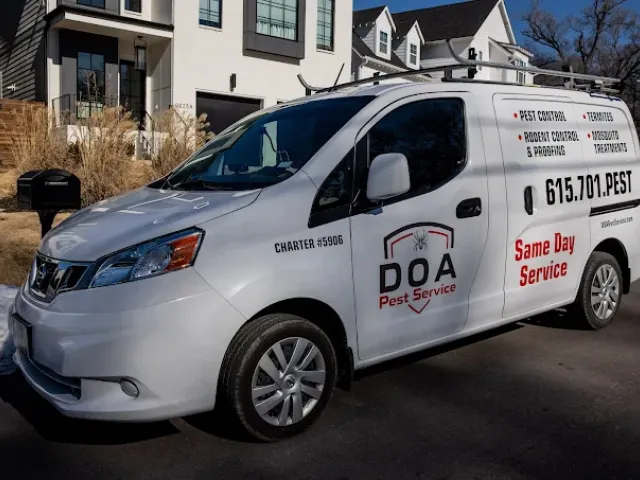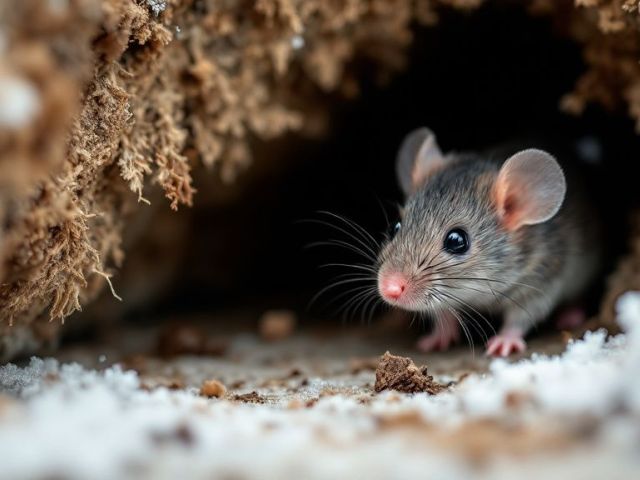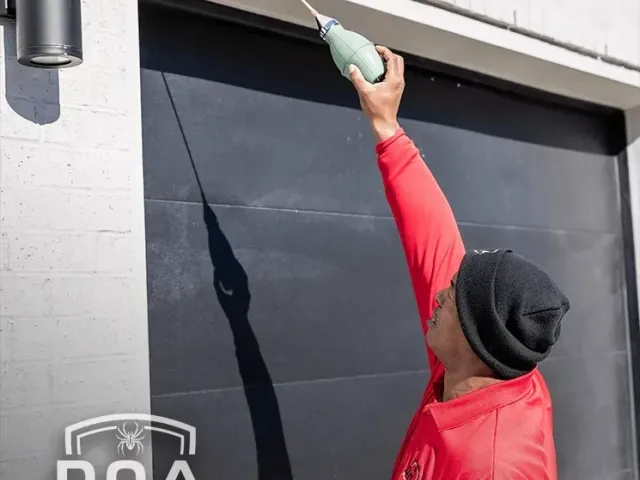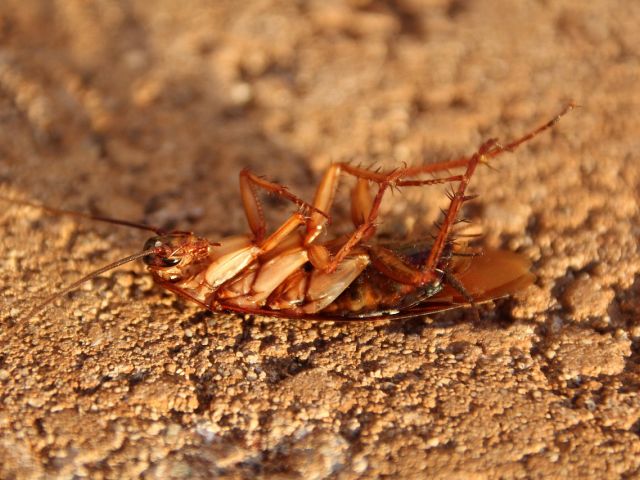Why Routine Pest Inspections Are Essential for Businesses in Nashville
Key Takeaways
-
Regular pest inspections detect early signs of infestations, reducing long-term costs.
-
They help businesses maintain a safe, compliant, and hygienic environment.
-
Routine inspections reduce legal risks, protect reputation, and support operational continuity.
-
Modern technology like AI and smart monitoring systems are revolutionizing commercial pest control.
-
Partnering with experienced providers like DOA Pest Service ensures tailored, effective protection for your business.
A single pest sighting can harm a business’s reputation. But an undetected infestation? That can result in failed health inspections, product contamination, and even shutdowns. In a bustling city like Nashville, where restaurants, warehouses, medical clinics, and office spaces operate year-round, proactive pest control isn’t optional—it’s essential.
Routine pest inspections are one of the most effective ways to keep your commercial property protected. This article explores how regular inspections help prevent pest-related issues, improve compliance, and safeguard your bottom line.
The Real Cost of Ignoring Commercial Pest Inspections
Failing to identify pest problems early can result in serious financial and operational consequences:
-
Costly damage from rodents chewing wiring, insulation, or product packaging
-
Health risks from droppings, allergens, and contamination
-
Fines and shutdowns from non-compliance with local health codes
-
Reputational harm that drives customers away and affects reviews
These problems are avoidable when inspections are done regularly by trained professionals who know what signs to look for.
The Benefits of Regular Pest Inspections for Businesses
Investing in recurring inspections offers businesses a competitive edge. Key benefits include:
-
Early detection: Spotting subtle signs of pests before a major infestation occurs
-
Compliance support: Meeting local, state, and industry-specific sanitation standards
-
Long-term cost savings: Preventing small issues from becoming expensive problems
-
Operational continuity: Avoiding interruptions due to pest-related shutdowns
-
Employee and customer comfort: Providing a clean, safe environment
Many reputable pest control providers, including DOA Pest Service, offer comprehensive inspections and service plans tailored for businesses of all sizes.
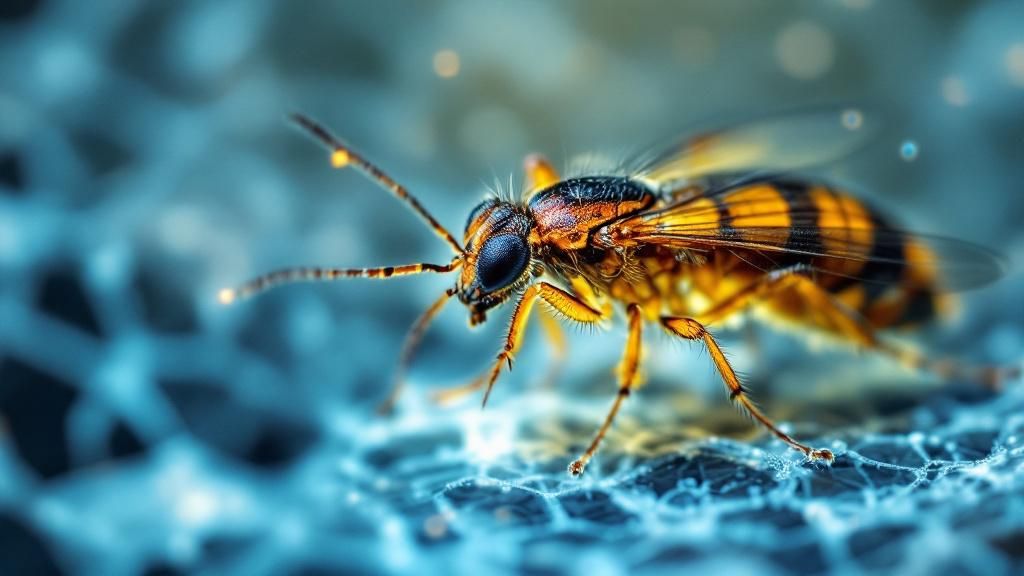
Technology and Trends Shaping Commercial Pest Control
The pest control industry is evolving, and businesses stand to benefit from new advancements:
-
AI-powered monitoring systems can detect pest movement patterns and alert technicians in real-time.
-
Eco-friendly treatment options are becoming standard, reducing environmental impact.
-
Smart traps and sensors help manage large facilities with minimal disruption.
These innovations not only improve accuracy but also support data-driven pest management that meets modern health and sustainability standards.
High-Risk Sectors: Who Needs Inspections the Most?
While every business benefits from regular inspections, some industries face higher pest pressure due to their environments:
-
Food & Beverage: Restaurants, bakeries, food production facilities
-
Healthcare: Clinics, hospitals, long-term care facilities
-
Warehousing & Distribution: Especially those handling food or organic materials
-
Retail: Especially clothing stores, supermarkets, and pet stores
-
Hospitality: Hotels, resorts, and vacation rentals
These businesses not only need inspections more frequently, but also require stricter protocols and documentation to remain compliant.
Challenges in Large-Scale Commercial Pest Inspections
Large enterprises or facilities with multiple buildings often face:
-
Complex layouts that make it harder to track pest activity
-
Inconsistent reporting if inspections aren’t standardized
-
Higher risks of cross-contamination between zones or inventory
This is where experienced providers are critical. Companies trained in large-scale inspections develop customized plans that account for all facility-specific challenges.
Scientific Understanding of Pest Behavior in Workplaces
Pests adapt quickly. Their presence in a commercial setting often stems from easily overlooked issues like:
-
Structural entry points (cracks, vents, poorly sealed doors)
-
Environmental conditions (high humidity, food waste, cluttered storage)
-
Human behavior (leaving food out, not emptying trash bins regularly)
Understanding this behavior is essential in building an effective prevention strategy. Regular inspections help assess these risk factors before they escalate.

Why DIY Isn’t Enough for Businesses
While DIY pest control methods like traps and sprays may offer a temporary solution, they rarely address the root of the problem. Businesses benefit more from professional inspections because:
-
Experts are trained to detect early-stage infestations and entry points.
-
They use commercial-grade tools unavailable to consumers.
-
Services come with documentation to support compliance requirements.
-
They provide preventative strategies, not just reactive fixes.
For example, DOA Pest Service works with commercial clients in Nashville to set up quarterly inspection schedules, implement low-toxicity solutions, and adjust plans based on season and pest behavior.
Looking Ahead: The Future of Business Pest Management
The next few years will see increased focus on:
-
Sustainability: More eco-friendly methods and biodegradable materials
-
Automation: AI-enhanced pest detection and treatment mapping
-
Customization: Plans designed to meet individual business needs, not one-size-fits-all packages
Businesses that invest in forward-thinking pest management now will be better prepared for compliance, cost control, and customer satisfaction moving forward.
Frequently Asked Questions
How often should a business schedule pest inspections?
Quarterly is standard for most businesses, but food or healthcare facilities may need monthly visits.
Are pest inspections mandatory for commercial properties?
In many industries, yes. Local and federal regulations require routine checks to ensure health and safety compliance.
Can regular inspections really prevent infestations?
Yes. Most major infestations start small and can be prevented through early detection.
What types of pests do business inspections usually target?
Common targets include rodents, cockroaches, ants, flies, termites, and stored-product pests.
Is professional pest control worth the cost?
Absolutely. Preventing shutdowns, fines, or product loss makes it a smart long-term investment.
